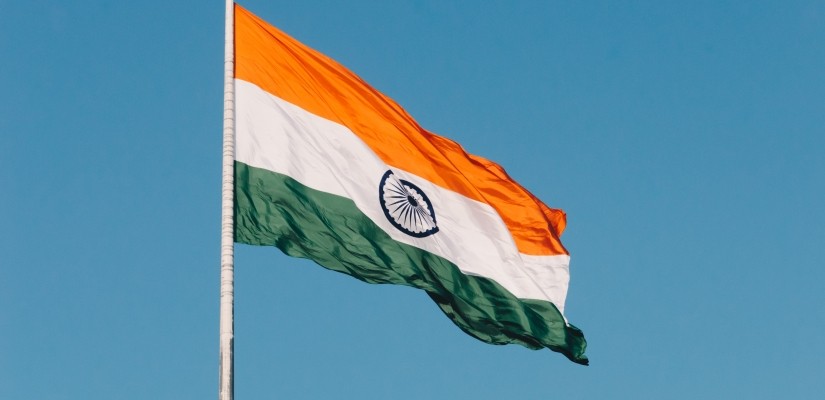
The Indian government has revoked Article 370 of its constitution, which has been in place since 1949. This article allowed the state of Jammu and Kashmir to make its own laws and prohibited citizens from other Indian states from owning property in this area. Pakistan, which also claims the disputed territory, has not yet issued a formal response to the action. Many have criticized the Indian government’s decision. Critics claim that the ruling Hindu nationalist BJP party, led by Prime Minister Narendra Modi, has ostensibly repealed the article in order to encourage development and ties to the rest of the country. However, repealing the article could also lead to settlement of the region by the country’s majority Hindu population. Changing demographics in the region as a result of the policy change could weaken the current cultural autonomy and influence of the majority Muslim population. This policy change could lead to significant unrest in the historically troubled region.
